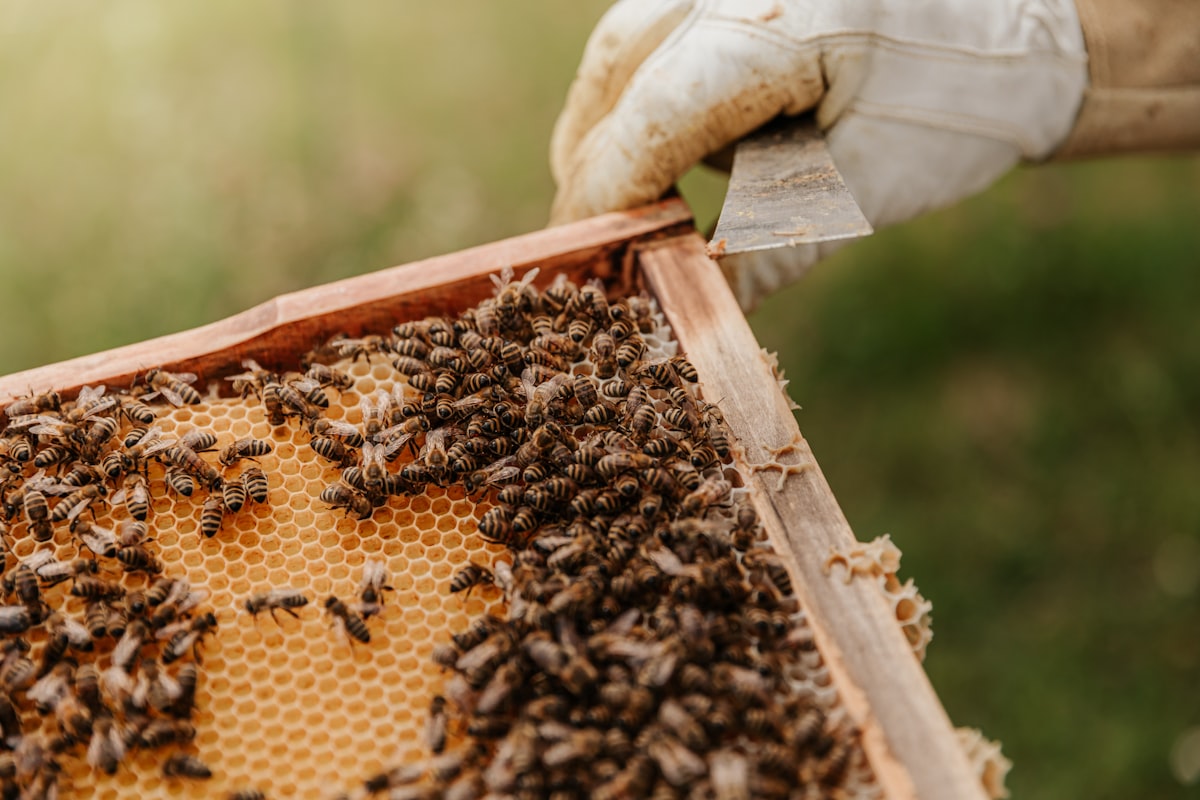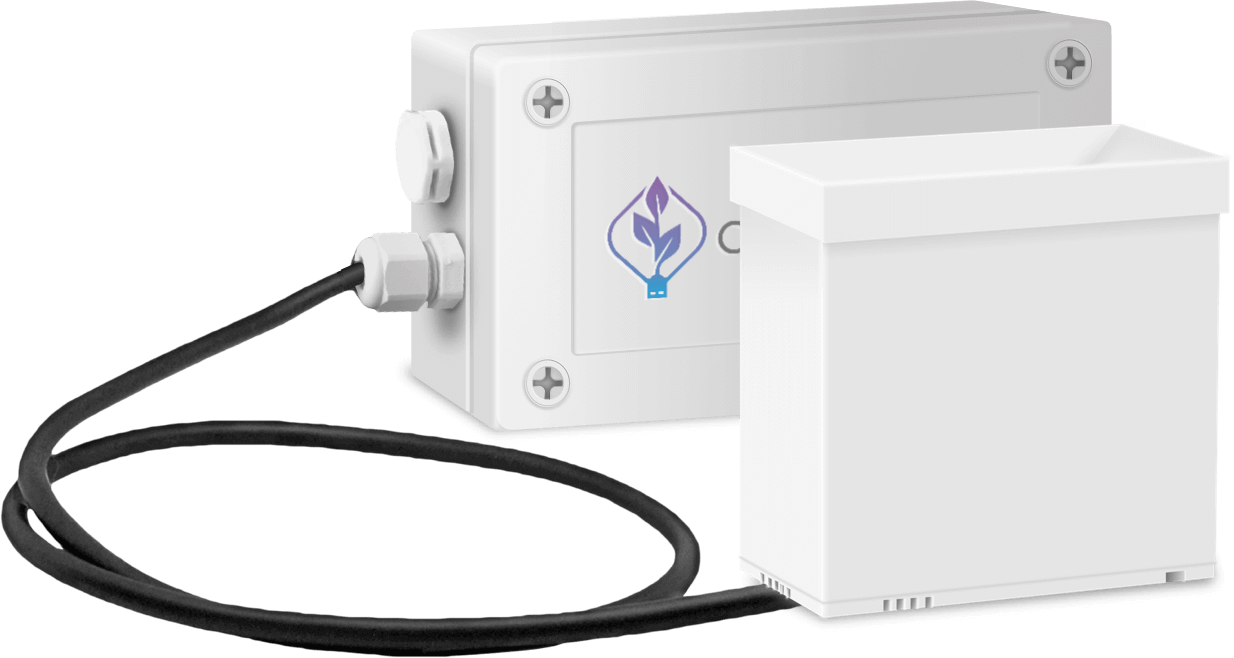How do your pesticides affect bees? 🐝

Agrarforschung Schweiz just published a research article on how bees are affected by pesticides. This includes both the products used by the beekeeper and the producers. You can find the full article here: https://www.agrarforschungschweiz.ch/wp-content/uploads/2021/11/An-in-vitro-model-for-assessing-the-toxicity-of-pesticides-in-beeswax-on-honey-bee-larvae-_-Elsevier-Enhanced-Reader.pdf
The summary is quite easy. Pesticides affect the survival rate of the larvae. Instead of a survival rate of ~0.8 without pesticides, it goes down to almost 0 at a concentration of 30 mg/kg of food.
The study goes further into detail regarding the amount of different pesticides present in beeswax in various countries and how that affects the development of the larvae. If you can read this, you can obviously go and read that part yourself if it is of interest to you. Let's rather focus on the important question.
How can you protect the bees?
As a producer you are deeply connected with nature and don't want to harm it. I have personally never met a single farmer who didn't care about the bees. You care about them, it's a symbiotic relationship if your crop depends on pollination. On the other hand, you need to protect your yield too. And sometimes that doesn't work without pesticides. There are three simple precautions:
- Talk to your nearby beekeeper. He can probably just keep the bees inside for a while while you apply protective agents on your crops.
- Use early mornings or late nights to apply pesticides. That's when the bees are working from home.
- Use precision when applying and make sure as little as necessary goes onto flowers. You can also make sure that bees find flowers which are untreated elsewhere.
We wish you successful and healthy farming. Both for the crops and the bees.


